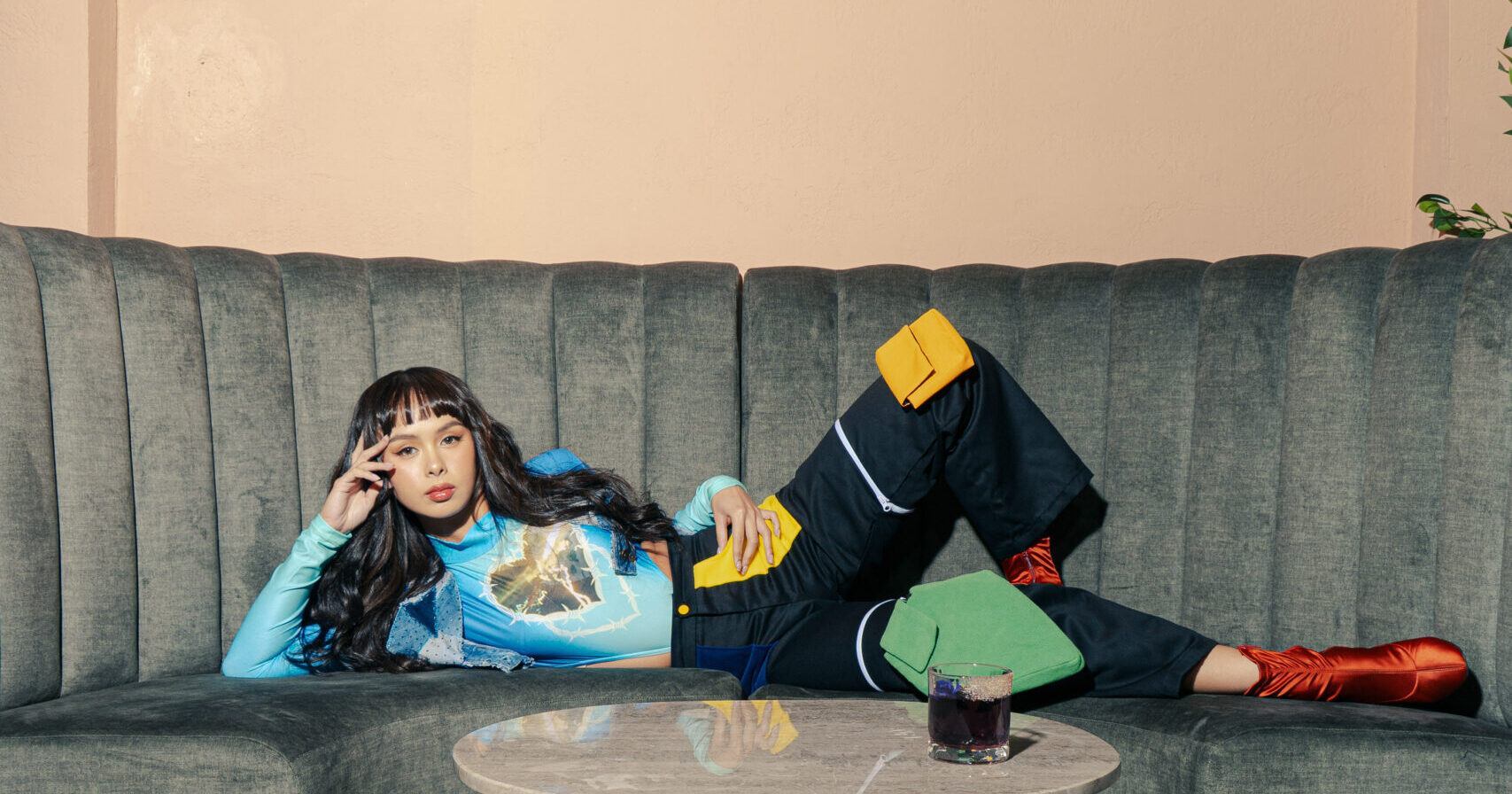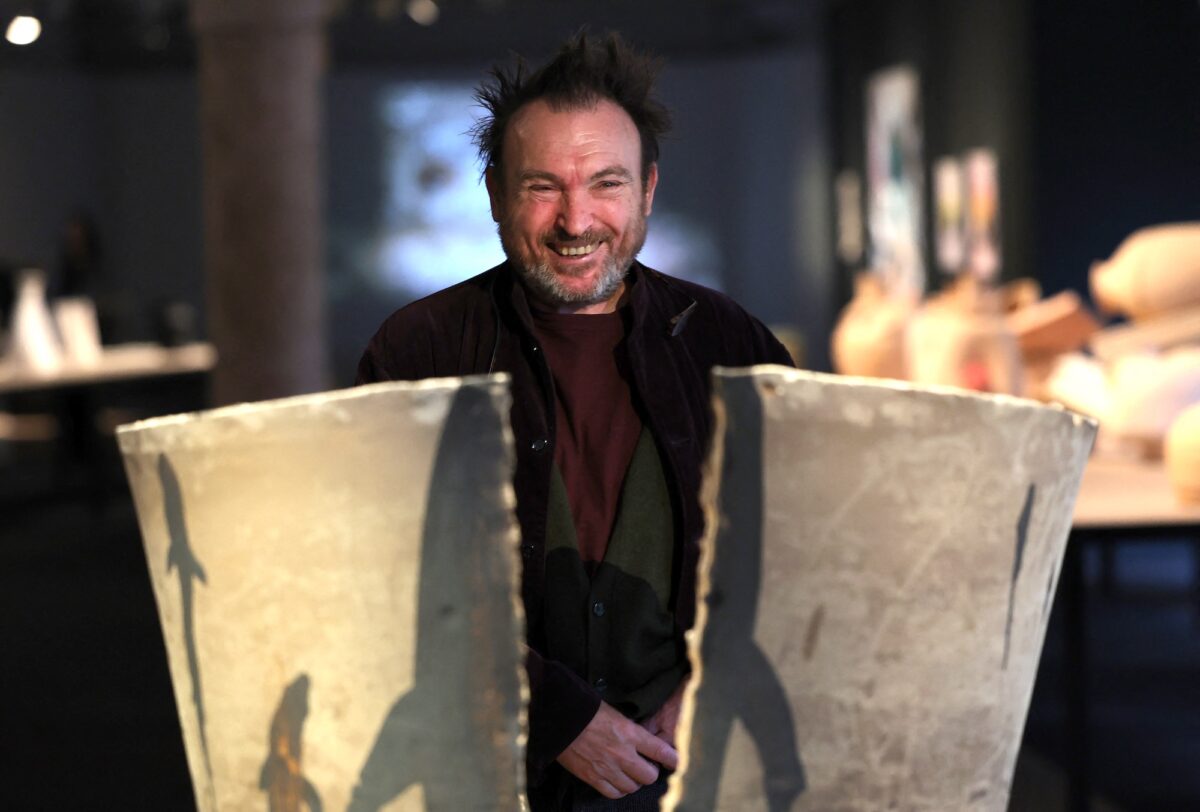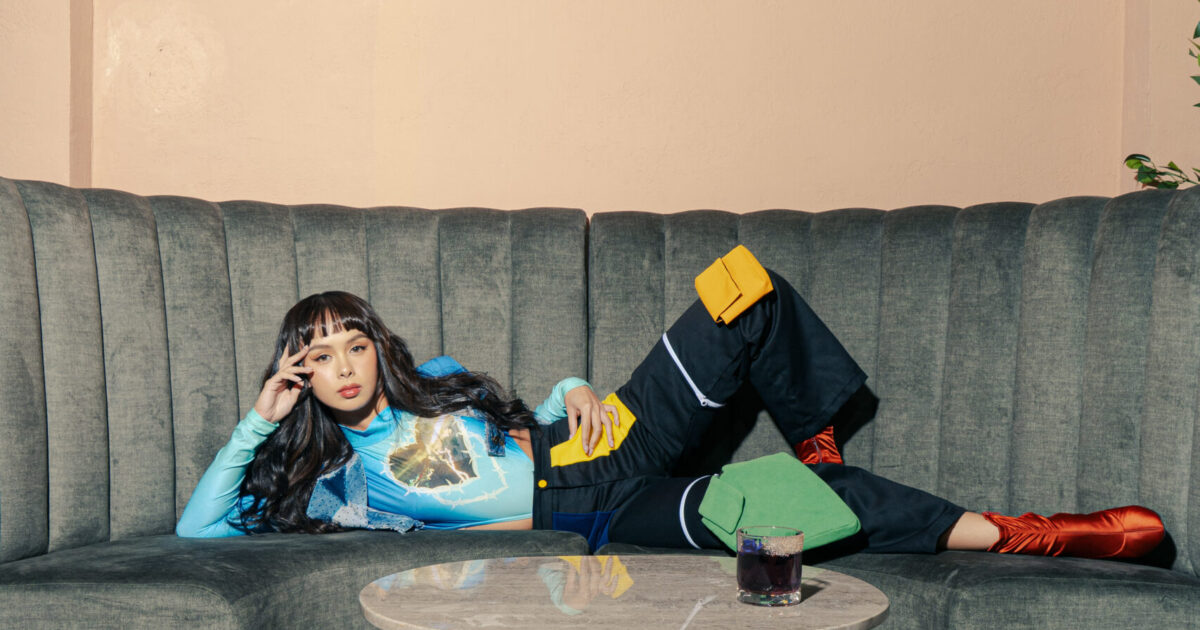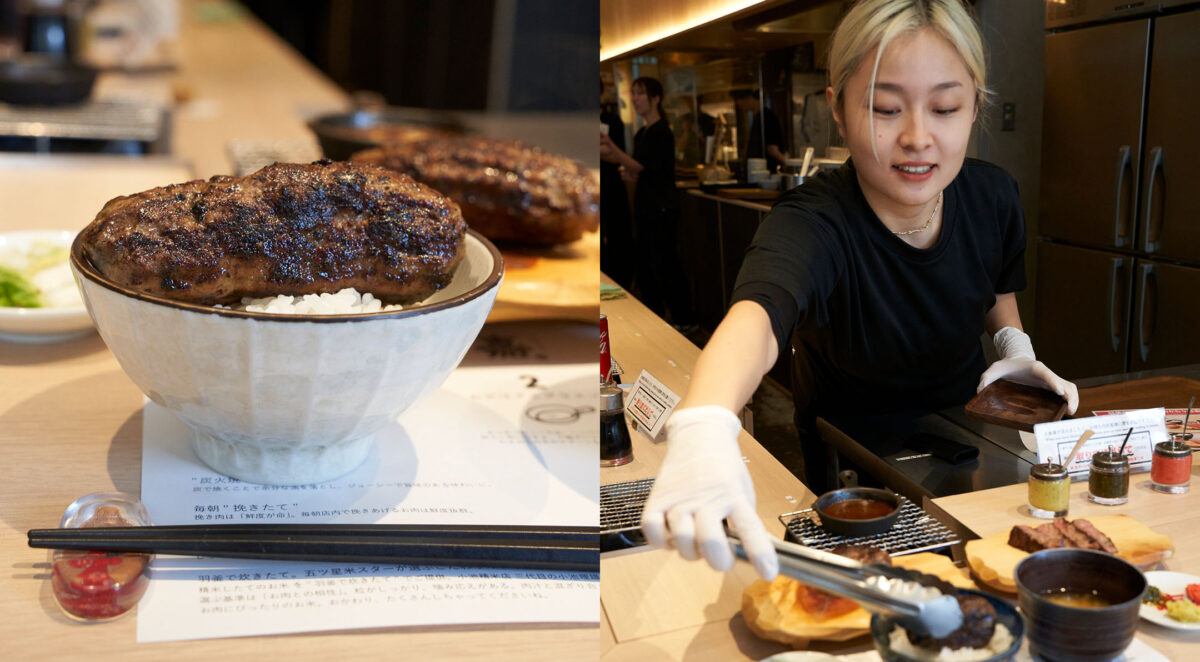
The beach life and the lobster painted by Salvador Dali on Elsa Schiaparelli’s silk gown are the references for the Spring-Summer 2013 collection of accessories designer-entrepreneur Amina Aranaz-Alunan. She introduces sculpture through purses, bangles and clasps that echo the forms of seashells and Dali’s lobsters.
Due to the scarcity of hardware in the country, she worked with a metalsmith to produce detailed clasps. She also collaborated with a sculptor, who works for her father’s Christmas decor export business, to produce the evening bags which are works of art. The sculptor captured the spirals of the nautilus and the scalloped edges of pearl oyster shells in wood. “The surrealist element also comes in the form of a hand-sculpted wooden seashell minaudiere,” she says.
The Retro Seaside is a well-thought-out collection, with each piece carefully conceived. Aranaz-Alunan also provides options such as baskets, handwoven totes with coconut shell, leather bags with lobster details, and bangles with lobster and shell themes.

Women who have followed Aranaz-Alunan have observed how she has evolved. Since her mother manufactured and exported wicker bags with flowers and summer totes with leather accents, it was natural that she would get into the same business.
She recalls that her first collection included clutches made of bamboo in lime, fuchsia and purple, and little bags covered with square coconut shell pieces.
“Every time we joined the bazaar, the coconut bags would be a hit. Even today, there are Instagrams from strangers who tag me, saying that the bag with coco shell pailletes in different colors and a horn handle was one of their favorites in college. It was fun and playful because it made a rattling sound,” she says.
Ten years ago, Aranaz-Alunan took a year off to study at Instituto Marangoni in Milan. On her return, customers noticed that her bags had more chutzpah.
The value of education
“When I came back from Italy, they saw the difference between pre- and post-fashion school. There was a new design vision and the collection told a story. I was more experimental, as I explored new ways to use local materials like raffia and shells. I was excited and ambitious,” she said.

“Before, we would just make a basket bag with a red leather handle or a clutch bag with shells. After school, I learned how to tell a story through a collection,” she added.
One of her landmark collections was inspired by the Ati-Atihan festival. The Maskara bag was shaped like a crescent, dripping with black sequins, feathers and fringed beads. She playfully inserted coconut shells to suggest the eyes and the smile. At first glance, it looked like a stylish but over-the-top party bag. When the designer pointed out the mask concept and facial features, people got it.
Another design, the beach tote bag, was outlined with gold fringes to suggest the fiesta headdress. For evening, the beaded gold brocade clutch with a wooden frame and encrusted with stones was called “Patron,” an allusion to the fancy attire of the Sto. Niño.

“I was more into creating special evening bags. They were showstoppers,” Aranaz-Alunan said.
She realized, though, that she had to cater to market demand. The clients clamored for bigger purses and day bags.
“Before, my design was guided by aesthetics. Now I’m getting closer to balancing the practical side. They say good design is about firmness, utility and delight. That’s my goal.”














































